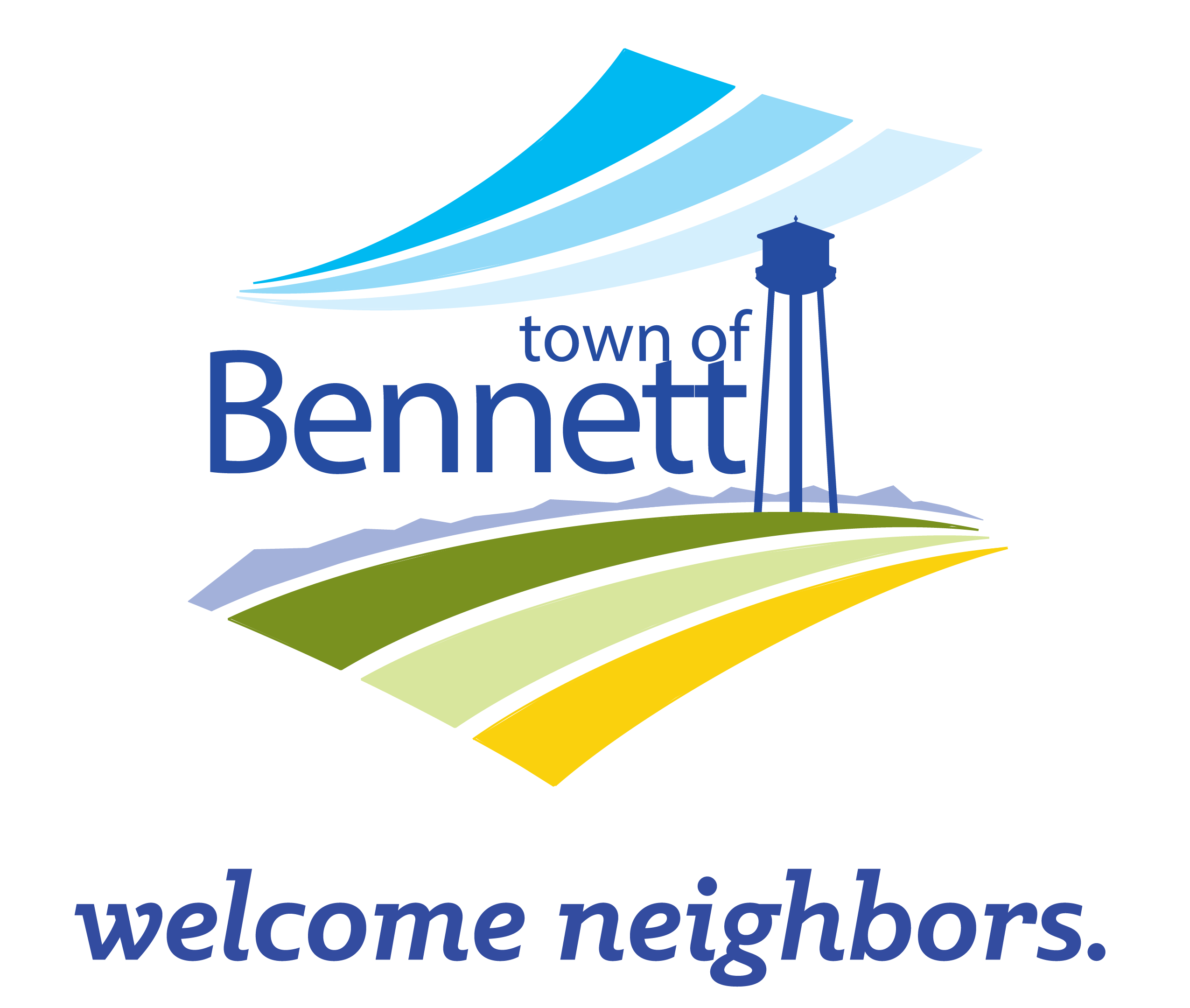Building Safety Month is an international campaign that takes place in May to raise awareness about building safety. This campaign reinforces the need for the adoption of modern, regularly-updated building codes, and helps individuals, families and businesses understand what it takes to create safe and sustainable structures.
All communities need building codes to protect their citizens from disasters like fires, weather-related events and structural collapse. Building codes are society's best way of protecting homes, offices, schools, manufacturing facilities, stores and entertainment venues. Code officials work day in and day out to keep the public safe.
You can find the Town of Bennett's Municipal Code here.
- Week 1 - Disaster Preparedness
-
Natural disasters are increasing in severity and frequency. Advance planning for devastating events like hurricanes, floods, snowstorms, tornadoes, wildfires and earthquakes helps individuals and communities increase the health and safety of their population during a disaster, protects the local tax base, ensures continuity of essential services and supports a faster recovery in the aftermath of a disaster.
Here are a few tips to follow when preparing your family for any emergency.
- Determine your risk. Identifying and understanding possible hazards and emergencies is the first step in preparing for natural disasters.
- Consider incorporating a safe room in building plans and improvements. A safe room is a hardened structure specifically designed to meet FEMA criteria and provide near-absolute protection in extreme weather events, including tornadoes and hurricanes.
- Develop a family disaster plan that includes a list of food and water supplies needed for each member of your family and supplies for your pets. Make copies of important documents like insurance policies, the deed to your home, and other personal papers, important phone numbers and a home inventory. Create a checklist of important things to do before, during and after a disaster.
- Review your evacuation route and emergency shelter locations with your family. Options for evacuation would include staying with friends and relatives, seeking commercial lodging or staying in a mass care facility operated by disaster relief groups in conjunction with local authorities.
- Taking shelter is critical in times of disaster. Sheltering in place is appropriate when conditions require that you seek protection in your home, place of employment or other location where you are when disaster strikes.
- Review your plan regularly. If you make changes that affect the information in your disaster plan, update it immediately.
- Visit FEMA’s Prepareathon! to learn more about how to prepare for earthquakes, floods, hurricanes, tornadoes, wildfires and winter storms. Get Involved to help prepare your family and community.
More information on Disaster Preparedness can be found here.
- Week 2 - Water Safety
-
Clean water is the world’s most precious commodity. According to World Health Organization estimates as of June 2019, 785 million people lacked even a basic drinking-water service, including 144 million people who are dependent on surface water. Building, plumbing and green codes help guard it for future generations through proper construction, conservation and safe disposal.
Code officials are vigilant protectors of our water supply. Because of their dedicated service, you can turn on the tap in your home and draw sufficient, clean water. They take nothing for granted, so you can.
As a homeowner or renter, you need to pay attention to the water supply to your home even if your community offers water and sewage treatment. If there are faulty or no backflow protectors in your home, cross-contamination can happen even while residents are filling their backyard swimming pools, drawing some of the pool’s chlorine into the home.
The Town of Bennett's Water Quality Report can be found online here.
More information on water safety can be found here.
- Week 3 - Resiliency. Sustainability. Innovation.
-
The building safety industry is on the cutting edge of technology, building science and innovation. From green construction and resiliency to product evaluation, certification and codification, the International Code Council family of solutions is part of this technological transformation to make our buildings safer and our industry more advanced.
The International Codes (I-Codes), developed by the Code Council, are the most widely used and adopted set of building safety codes in the world. For decades, our codes and standards have addressed resilience and sustainability by incorporating the latest innovations in science and technology, and we remain committed to working with member jurisdictions and industry partners to bring the right building products and practices to market, labeling new homes and structures as more efficient, and spreading the word about the need for wiser resource usage and building resilient structures.
More information on Resiliency. Sustainability. Innovation. can be found online here.
- Week 4 - Training the Next Generation
-
Well-trained, motivated building safety professionals are key to creating and maintaining a successful built environment. Training is important because it helps code officials avoid mistakes and accidents and properly enforce the code. The building safety field encompasses a wide gamut of specialties and offers many excellent career opportunities that contribute to the safety of the built environment.
More information on Training the Next Generation can be found online here.
